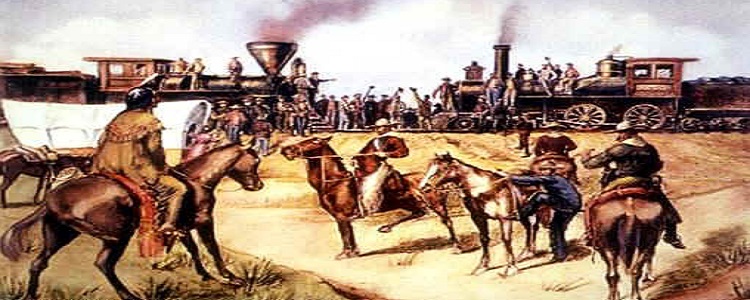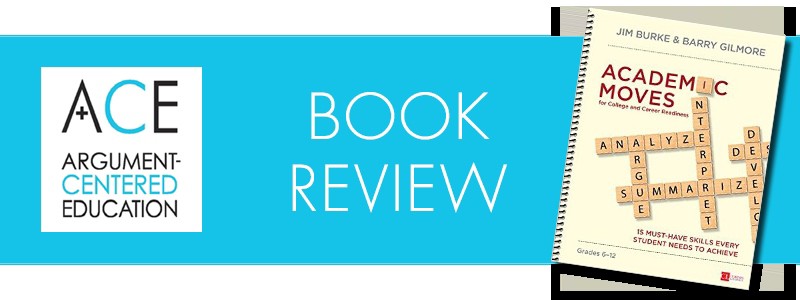Argument-Based Presentations on the Opening of the American West
Peirce International School humanities teacher Tiffany Brugman and Argument-Centered Education have collaborated on the argumentalization of the school’s Opening the American West unit. We wished to share it out as another demonstration of the argumentalization process and the ways that it can generate student inquiry, critical thinking, college-directed argumentation skills, and communications exercise and growth.
It starts, as regular readers of The Debatifier know, with the formulation of the debatable issue(s). For this unit, the issue is formulated as a question:
What was the most important factor in the opening of the American West?
An Argument-Centered Approach to Teaching to the U.S. Constitution Exam
One of Argument-Centered Education’s high school partners’ 10th grade U.S. history classes are immersed right now in preparing students for their U.S. Constitution exam. “Time to take a break from our argument-centered projects,” a teacher opined. “Our Constitution exam curriculum is dry and content-heavy. We just to have to fill the kids with the facts about the articles, sections, and amendments, then they reproduce what they’ve learned. We’ll get back to debatification in February.”
Understood, was our first word. Our next two: But wait. We’d like the chance to work with your U.S. history teachers and classes to demonstrate a way of understanding an argument-based pedagogy that applies to contexts in which objectives are information-heavy and seek to instill in students the foundations of knowledge that will enable them later to engage in substantive academic or public debates.
Book Review: ‘Academic Moves for College and Career Readiness’ (Corwin Literacy, 2015), by Jim Burke and Barry Gilmore
From the Outset
Renowned educators and education writers Jim Burke and Barry Gilmore have put together an eminently useful resource binder for teaching what they identify as the most essential “academic moves” in K-12 education: Academic Moves for College and Career Readiness. This study and collection of resources on the “15 must-have skills every student needs to achieve” germinated from the authors’ day-to-day opportunity, they tell us, for reading and reflecting on the problems and prompts handed out to students by their teacher colleagues.
What are we actually asking our students to do in classrooms across disciplines? How do these directions interact with the requirements of current standards such as the Common Core or the new SAT? And how can teachers be assisted in becoming more intentional about teaching the precise academic skills their assignments and assessments demonstrate that they most value? These were the generative questions of the book. Burke and Gilmore wish to bring “consistency and clarity to the language” of school work, “the language of learning.” They quote Argument-Centered Education founding advisers Gerald Graff and Cathy Birkenstein in saying that they intend for their resource binder to lay bare the “‘deep, underlying structure, [the] internal DNA’ common to the academic and cognitive moves” that students must learn to make, across all subject areas.
The Argument-Based Socratic Seminar
Named for Socrates (469 – 399 B.C.E.), one of the founders of Western philosophy, the Socratic Seminar is a formalized classroom discussion activity that emphasizes reflective thinking about big questions and the use of evidence to support responses. According to Elfie Israel, in Inquiry and the Literary Text (NCTE, 2002):
The Socratic seminar is a formal discussion, based on a text, in which the leader asks open-ended questions. Within the context of the discussion, students listen closely to the comments of others, thinking critically for themselves, and articulate their own thoughts and their responses to the thoughts of others. They learn to work cooperatively and to question intelligently and civilly.





